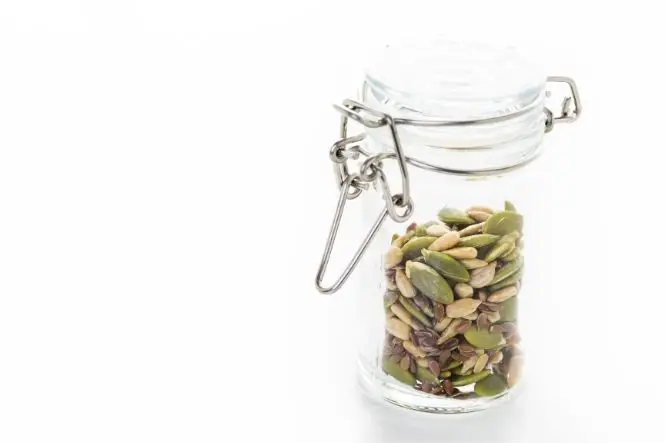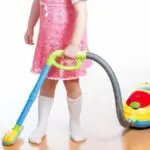Plants grown from seeds, from the smallest (an orchid, at 85 micrometers long) to the largest (the Coco de Mer palm, at about 30 cm long). Seeds are amazing things – it’s incredible that a seed the size of a grain of oatmeal can produce a tree as tall as the Californian Redwood. Dry seeds can remain viable (healthy) for many years – but what do they need to make them begin to grow?
Growing Seeds – Wet or Dry?
Do seeds need water to germinate (sprout)? Put folded paper towels or some sheets of blotting paper in the bottom of two shallow dishes. Dampen one lot of paper with a couple of tablespoons of water and pour off the excess (label this one ‘wet’), and leave the other one dry (label this one ‘dry’). Sprinkle each one with mustard and cress seeds and put on a warm, bright windowsill but not in full sun. Keep the ‘wet’ blotting paper damp but not too soggy, and check them every day to see which seeds germinate first. How long does it take?
Don’t waste the mustard and cress once it has grown – when it is about an inch tall, cut it just above the roots and try it sprinkled on salad, or in sandwiches. It has a fresh, slightly peppery taste.
Soaking Seeds
This needs twenty bean or pea seeds. Divide them into two groups of ten. Weigh ten dry beans or peas on an accurate set of digital scales, and then soak them overnight in plain warm (not hot) water. Drain the water off and weigh them again – are they heavier? Compare one of the soaked seeds and one of the dry seeds – do they look different?
Plant the ten soaked seeds and the ten dry seeds in labelled pots. Put them on a warm, bright windowsill but not in full sun, and keep the potting compost moist but not too wet. Which seeds germinate first? Do the seeds that germinate second ever catch up?
What Happened?
Seeds need water to germinate, and absorb it from the soil (or the damp paper towel, or the warm water). This allows the stored food reserves in the seeds to begin to break down, and these are used by the growing plant until it has its own leaves and can make its own food through photosynthesis.
Seeds that are kept completely dry will not germinate, which means that seeds can be stored for one year to the next. Some can survive for many years – scientists have germinated a 2000-year-old date palm from the Masada fortress, near the Dead Sea in Israel.
It takes a while for seeds to absorb the moisture that they need from the soil, so soaking them in water before planting can give them a head start. Some gardeners will soak large seeds such as beans or peas for up to three days before planting, or start smaller seeds germinating in a gel similar to wallpaper paste, until the first root begins to show. Great care must be taken in planting germinating seeds, to avoid damaging this new root, because it is very delicate.




